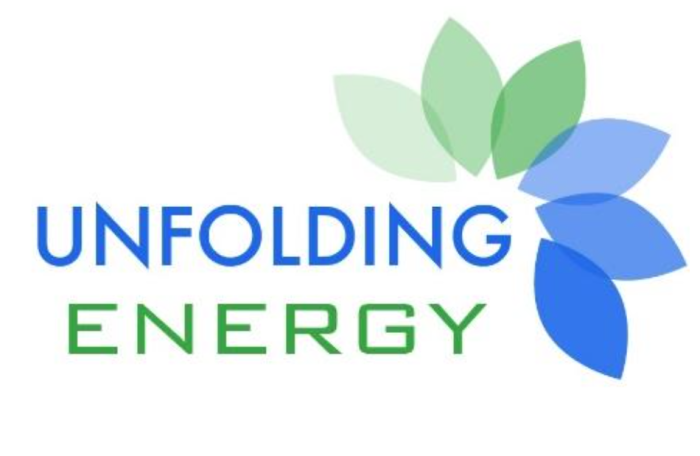Paritosh Kasotia is the founder and CEO of Unfolding Energy and was named to the Midwest Energy News list of “40 under 40” last year. She led the Iowa Energy Office until late 2014. -promoted by desmoinesdem
Unfolding Energy, a not-for-profit organization released its Iowa Energy Assessment and Planning for a Cleaner Future Report. The report is intended for the State of Iowa, elected officials, Iowans, and potential political candidates as a resource to guide the Iowa Energy Office’s planning process as they work towards creating a statewide energy plan.
The report provides an overview of Iowa’s energy production and consumption patterns and dives into Iowa’s current regulatory and policy framework in the context of climate change, renewable energy, energy efficiency, and building codes. Other sections of the report examines the potential for various clean energy sources and concludes the report with recommendations that the State of Iowa should implement.
Excerpt from the report below
Iowa has established itself as a leader in energy conservation and clean energy over the last three decades. Iowa is widely recognized for its wind and biofuels production and its exemplary utility-led energy efficiency programs. This report explores how Iowa can continue on its path to energy independence and also lead in addressing the global crisis of our time — climate change.
Iowa demonstrated its climate leadership in 2007 when the Iowa Legislature adopted the SF 485 which established the Iowa Climate Change Advisory Council (ICCAC) and directed it to establish a system for reporting and monitoring greenhouse gas emissions and develop scenarios for reductions by 2050.
While the ICCAC was discontinued in the recent past, Iowans have made clear their preferences for energy choices. In a statewide voter survey conducted by a bipartisan research team, it was found that Iowans overwhelming support energy efficiency and clean energy choices.i Moreover, clean energy markets have significant job impacts. According to Advanced Energy Economy (AEE), Iowa currently boasts 22,000+ clean energy jobs. AEE’s survey also projects a 6% job growth in 2015.
Apart from the economic case for expanding Iowa’s clean energy sector, the climate change argument is increasingly more urgent requiring immediate attention. Natural disasters events and the resulting economic losses as a result of climate change are well documented. According to Iowa Climate Change Impacts Committee Report to the Governor and the Iowa General Assembly, Iowa is already experiencing the negative effects of climate change.ii
The economy is also witnessing a new phenomenon where the economic growth is visibly decoupling from energy consumption. Traditionally, the US economy, energy consumption and the resulting greenhouse gas emissions have shown direct and upward relationship. However, data now suggests that this relationship is disconnecting — partly due to energy efficiency and addition of renewable energy in the energy mix. The US Department of Energy data shows that the energy consumption is decelerating which is in contrast to a growing economy and a growing population.
As Iowa develops its statewide energy plan, the state of Iowa must include low-cost and easy to implement measures that will help Iowa achieve energy independence, create jobs, and strengthen local economies. Some of these recommendations detailed in the full report are:
• Strengthen renewable portfolio standard with carve outs for solar and CHP [combined heat and power]
• Strengthen current policy framework to promote clean energy technologies
• Promote energy efficiency and conservation programs
• Strengthen building codes and compliance
• Establish clean energy investment fund
• Create a statewide public education program on energy
By adopting these measures and other sound policies and programs, Iowa can lead the nation and help create a clean energy economy.
To read the full report, click here (pdf).

